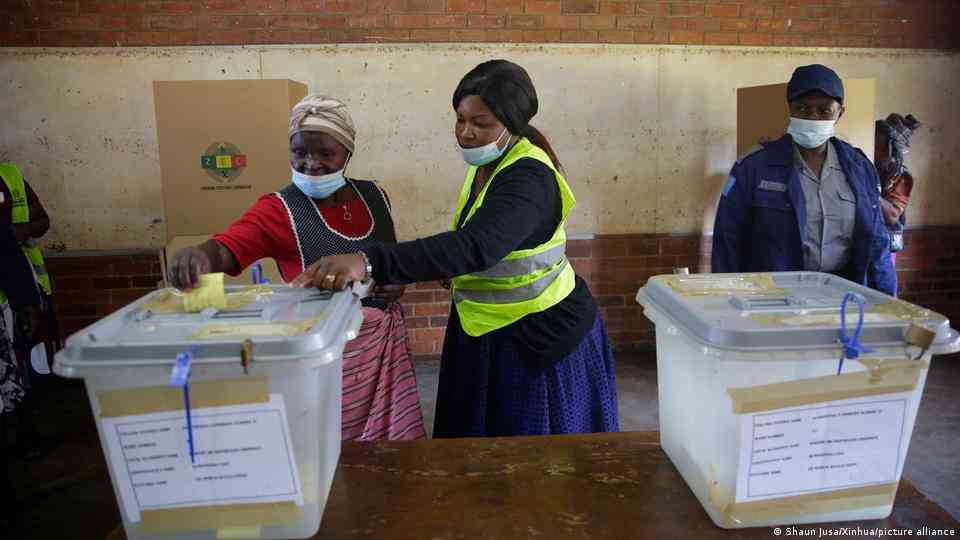
BY MIRIAM MANGWAYA CIVIL Society Organisations (CSOs) have bemoaned the decline in donor funding, which is now threatening their viability after the funders shifted focus towards financing COVID-19 interventions.
A latest 2020 survey of 1 014 CSOs in 44 African countries, which was conducted by AfricanNGOs and EPIC-Africa showed that 56% of responding CSOs had already lost funding only a few months into the pandemic.
In the 2020 Civil Society Organisation Sustainability Index report which was released by the Crisis in Zimbabwe Coalition CiZC yesterday, it stated that half of the 32 sub-saharan countries studied recorded a slight to moderate decline in donor funding.
This was because their foreign partners, who are the major source of financial support, suspended or re-routed funding of their planned activities, which ended up not taking place.
“Most of the new funded programmes announced in 2020 focused largely on the pandemic,” the report said.
CiZC researcher Nixon Nyikadzino said in Zimbabwe, CSOs’ organisational capacity deteriorated slightly as activity levels decreased because of the COVID-19 pandemic.
“Throughout sub-saharan Africa, CSOs experienced financial trauma in 2020 because of losses due to the pandemic,” Nyikadzino said.
“Sixteen or half of all countries in this edition of the Index recorded slight to moderate declines in financial viability as foreign partners, by far the main source of support to CSOs in the region, suspended or rerouted funding if CSOs’ planned activities could not take place. CSOs’ financial viability regressed slightly as donors reduced their funding or shifted their focus because of the pandemic, and service provision was also slightly weaker as CSOs lost funding for their regular services. CSOs advocacy improved slightly as many groups pushed a full and varied agenda despite the pandemic.”
- Chamisa under fire over US$120K donation
- Mavhunga puts DeMbare into Chibuku quarterfinals
- Pension funds bet on Cabora Bassa oilfields
- Councils defy govt fire tender directive
Keep Reading
He said laws proposed and implemented by the government in 2020, which include the Patriotic Bill and the Data Protection Act stifled the legal environment for CSOs.
CiZC also accused government of shrinking the civil society space through COVID-19 pandemic restrictions and statutory instruments which limited their capacity to reach out to communities.
“Most troubling was the weakening of CSOs’ organisational capacity and financial viability, and the increasingly constrained legal environments in many countries. At the same time, CSOs’ advocacy efforts, service provision, public image, and the sectoral infrastructure often proved resistant to the debilitating effects of the pandemic, and in some countries, even improved as organisations tackled the challenges of the pandemic with energy and confidence,” CiCZ said.
- Follow us on Twitter @NewsDayZimbabwe










